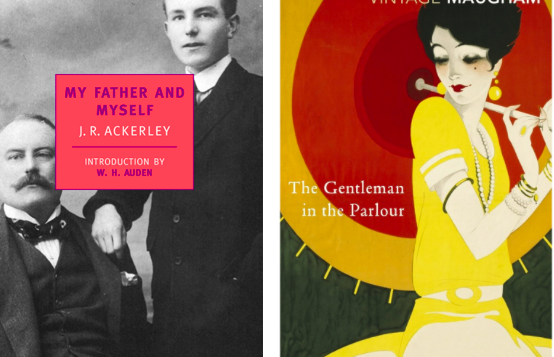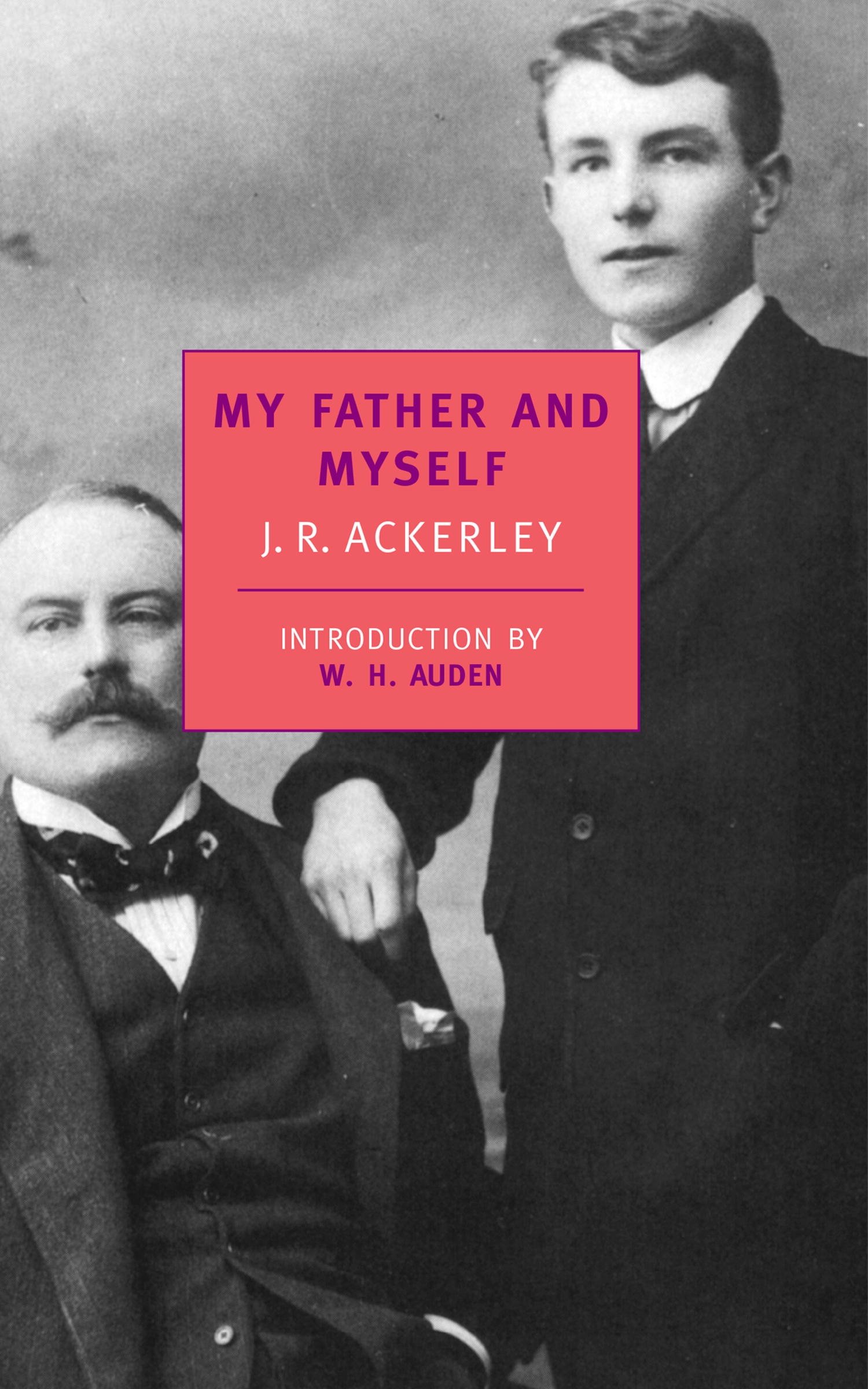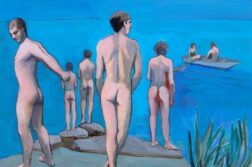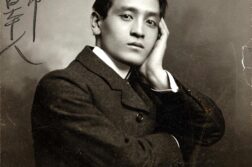IT SEEMED TO ME that the “Stay-at-Home” life mandated by the spread of Covid-19 was like being stuck somewhere when war was declared. Suddenly we could no longer travel but had to stay wherever we were. In my case, it was a house in a small town in northern Florida. I’d left Washington, D.C., on January 24th, thinking I’d return in five or six weeks. By late June, I was still in the Sunshine State.
But the house had books—books I’d been accumulating and hadn’t looked at in many years. A lot of them were in a bookcase I discovered only when a friend took an old recliner that I’d stashed on the porch long ago to the town dump. The moment he did, I realized it had been hiding a bookcase all these years, and in that bookcase were books I hadn’t looked at in ages. And that was how I began my own experience of the coronavirus lockdown: I read my way through it.
What was I reading before the lockdown began? I had just finished a book by Julian Barnes called The Man in the Red Coat, about Samuel Pozzi (reviewed in the July-August 2020 issue), the subject of a famous portrait by John Singer Sargent that is now in the Armand Hammer Museum in Los Angeles. I was also reading two paperbacks that I’d found on my bedroom floor. One of these was Walt Whitman’s America, by David Reynolds. The Whitman book I found easy reading, especially since I skipped around to parts that interested me. By the time I’d almost finished, I was no more an admirer of Whitman than I had been before—either the poetry or the man—though it was a fascinating reminder that life in these United States has always been chaotic, combative, and belligerent: a good thing to be reminded of once the troubles began not long after the Stay-at-Home began.
The other paperback was The Brothers Karamazov, a novel I’d tried to read years ago but couldn’t get into. But this time, stuck in Florida in the middle of a quarantine, it was just the escape I needed: Russia, the 19th century, monks, and murder—a total change from my own circumstances. I got about half- way through before discovering the hidden bookcase, and at that point I put it aside.
The first thing that caught my eye in the forgotten bookcase was Hervé Guibert’s To the Friend Who Did Not Save My Life. I hadn’t liked it much when I read it years ago. The title indicates the tone in which it’s written, though nobody could challenge Guibert’s right to be angry and bitter about dying of AIDS as a young man. Beneath it was my friend Nick Bamforth’s book AIDS and the Healer Within, a book that emphasized the mind-body relationship and provided meditation exercises for people who were sick. There were obvious comparisons between HIV and the Coronavirus, though in a strange way the latter seemed worse. To avoid HIV you could give up unsafe sex; to avoid Covid-19, it seemed as if you could not leave the house.
But I didn’t want to travel back to that awful time, so I chose a book called A Proust Souvenir. In it were portraits by Nadar of people who had inspired Proust’s characters. It was absolutely haunting, these faces from another time—Proust’s mother, brother, friends, lovers, and fellow social climbers—so haunting that I kept it by my bedside for weeks, turning the pages over and over, trying to see what was in the dark eyes looking at me over the span of more than a hundred years. After that, I began reading Miranda Seymour’s A Ring of Conspirators: Henry James and His Literary Circle, about James when he lived in Lamb House and the other writers (H. G. Wells, Stephen Crane, Joseph Conrad) who were not far away and had no reason to observe social distancing. Then I came to an old favorite, its binding broken by time and use: My Father and Myself, by J. R. Ackerley. (The journey through this bookcase proved to be a testimony to the importance of whatever it is that printers use to bind pages together.) The Ackerley book, one of my favorites, is a model of English prose and great storytelling, but this time it seemed to me to justify the charge that E. M. Forster, Ackerley’s friend, made when it came out posthumously: that Ackerley had emphasized the difficulty of homosexual life and left out all the fun (a charge, interestingly, that was leveled against Proust by André Gide). And then, mirabile dictu, I found in my bedroom Peter Parker’s biography of Ackerley, which confirmed Forster’s charge: Ackerley had been sort of a neurotic mess, though a brave soldier (the pages on World War I stood out even more on second reading) and a superb editor of the BBC’s literary magazine.
Next I paired a travel book with a biography. The Gentleman in the Parlour (1930), by W. Somerset Maugham, is an account of a trip he made by sampan, donkey, and on foot through Burma, Laos, Thailand, and Vietnam—the perfect escape for someone trapped in his house in 2020—with Maugham on a donkey exploring a part of the world where the isolated characters he met in the jungle gave him so many of his greatest stories: “The Letter,” “The Outstation,” and “Rain.” The biography Somerset Maugham (1980), by Ted Morgan, confirmed what I’d suspected: that Maugham had not been by himself on that trip; he’d gone with Gerald Haxton, his lover, a younger man who had a talent for chatting up people in the bar that the extremely reserved Maugham did not. It was Haxton who would recruit the people who told Maugham the stories he used in his books, infuriating them afterwards. The binding of Ted Morgan’s biography was so damaged it had fallen apart into five or six sections. Nevertheless, I liked it so much that I slowed down toward the end, not just because the scenes of Maugham’s dementia before he died are shocking but because the book had been so wonderfully entertaining.
Andrew Holleran is the author of the novelsDancer from the Dance, Nights in Aruba, The Beauty of Men, andGrief.








